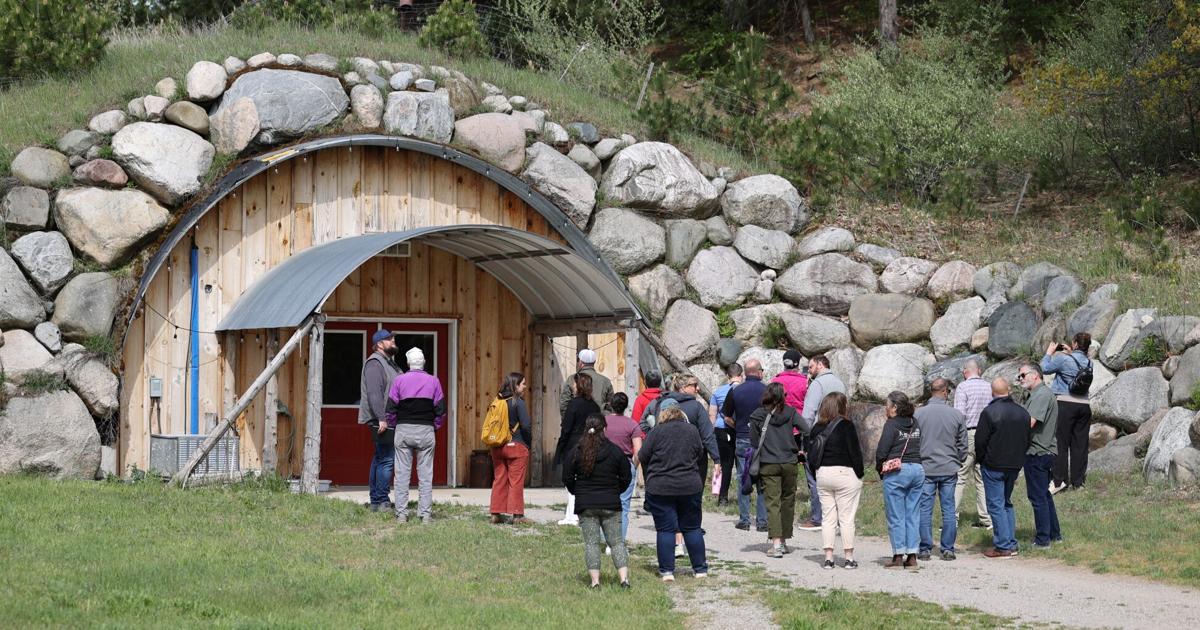
#inform-video-player-1 .inform-embed { margin-top: 10px; margin-bottom: 20px; }
#inform-video-player-2 .inform-embed { margin-top: 10px; margin-bottom: 20px; }
In the lush landscapes of Michigan’s Traverse City region, the 2024 Agritourism Summit brought together more than 210 participants, including local growers, policymakers, and even the National Cherry Queen, to celebrate and explore the burgeoning field of agritourism.
The event, held on May 7th and 8th, and organized by area leaders and MSU Extension, strove to create a dialogue between farms interested in agritourism and the officials and community residents that are impacted by those activities.
From these discussions, the group hoped to plant seeds for future growth so that a resilient, sustainable and viable agritourism industry can prosper. Initial feedback was highly positive, with attendees praising the wealth of information shared on best practices, and the opportunity to form valuable connections.
The event kicked off with a pre-summit farm tour that showcased the area agritourism venues.Attendees visited a multi-faceted agritourism business, a sustainable farm demonstrating advanced crop rotation methods, an award-winning cheese producer, a diversified agricultural operation with a community-supported agriculture model, and a cidery that has become a staple for agritourism enthusiasts.
The following day, the summit continued at the Hagerty Center with a series of presentations, panel discussions, and a scenario-based workshop.
Tourism experts, municipal officials, hospitality business owners, farmers’ organization representatives and lenders all shared their unique perspectives.
Topics ranged from the economic impact of agritourism to the latest trends in Michigan’s agritourism. Suzi Suzie Sphar, executive director of the North American Farmers’ Direct Marketing Association, delivered the keynote address.
MSUE staff and other experts provided insights into the challenges and opportunities within the industry, emphasizing the importance of collaboration and connectivity between farmers, neighbors, the community, and local units of government.
One of the highlights was the discussion on municipal planning, where experts and policymakers delved into the complexities of zoning ordinances, land use policies, and regulatory frameworks. This session illuminated options for regulating agritourism, while balancing the needs of rural development with the preservation of local character.
The summit also addressed the barriers faced by farmers and agritourism entrepreneurs, offering a platform for them to voice their needs and desires for the future. MSU Extension Educators provided a wealth of resources and strategies to support the growth of agritourism businesses, from marketing to risk management best practices.
As the summit concluded, it was clear that the event had not only met but exceeded expectations. It will hopefully serve as a catalyst for change, igniting a conversation about the future of agritourism and setting the stage for continued growth and innovation.
The event demonstrated how a community can come together to address shared challenges and opportunities, and acting as a reminder of the importance of agritourism as an economic driver and a means to preserve the rural charm that defines Michigan.
#inform-video-player-3 .inform-embed { margin-top: 10px; margin-bottom: 20px; }
